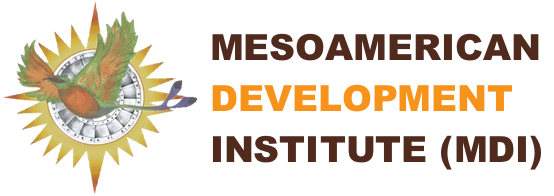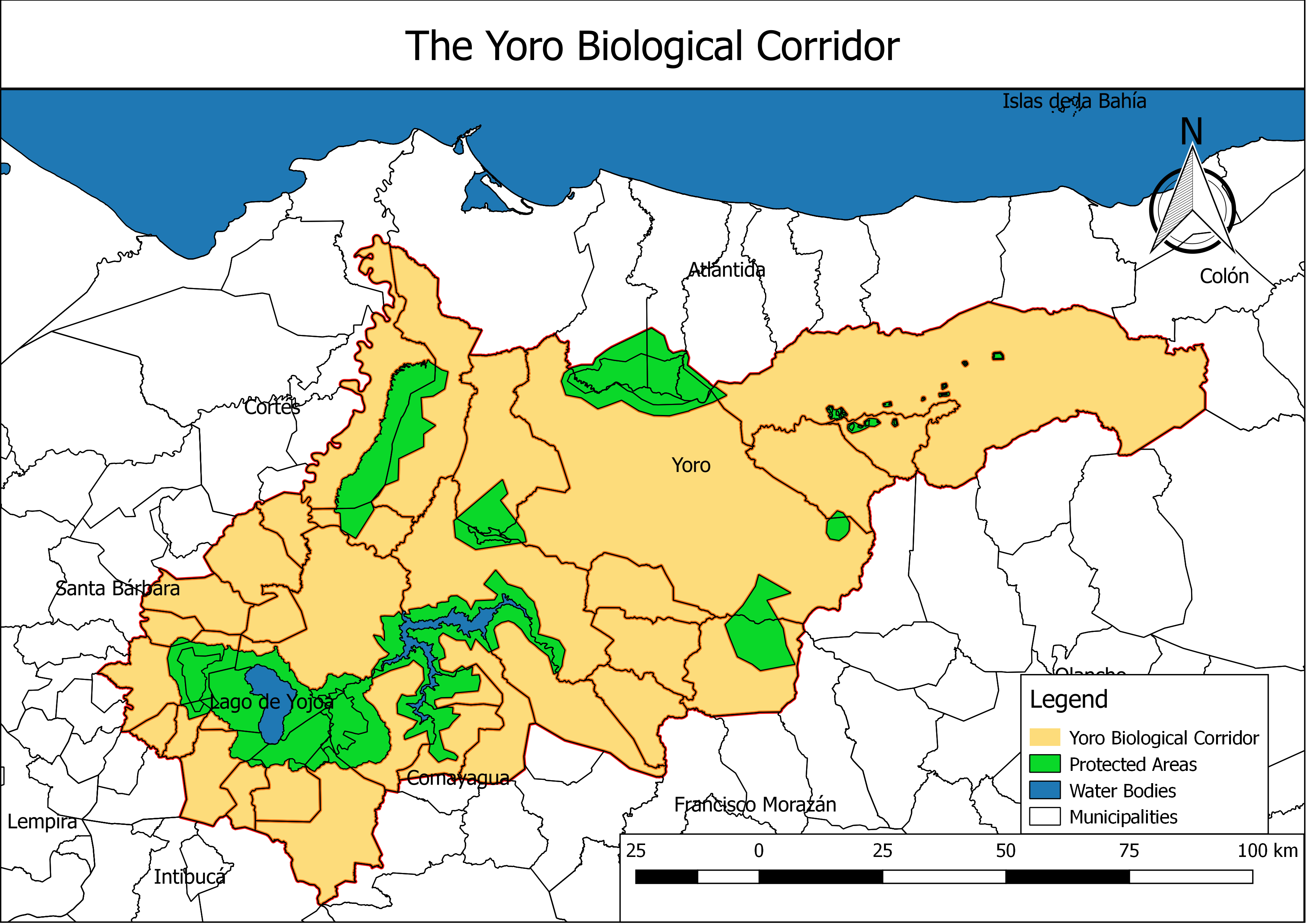The third public participation workshop on the establishment of the Yoro Biological Corridor will take place on April 25th in the city of Morazán, Yoro, Honduras on behalf of the Secretary of Natural Resources, Environment and Mining (MiAmbiente) and the Institute of Forest Conservation.
The event hosted by the Mesoamerican Development Institute (MDI) and Cooperative COMISUYL will take place in at the offices of the Mayor of Morazán. The public workshops are part of a process of “Socialization and Validation” required for the establishment of biological corridors.
The Yoro Biological Corridor is an initiative of the Honduran Forest Service (ICF) that seeks to develop a long-term ($64 million, 10-year), public-private approach to conservation and sustainable development in the regions linking the National Parks of Yoro through the recently established law (Ley Forestal, Áreas Protegidas y Vida Silvestre, Decreto No 98-2007) to establish Biological Corridors to foster sustainable development.
Key activities of the Yoro Biological Corridor will include the following, and are based on seven years of implementation and research in establishing a new model of sustainable development with Cooperative COMISUYL with support from MDI, the University of Massachusetts, the National Autonomous University of Honduras (UNAH), the US Forest Service, and participating companies purchasing coffee and carbon offsets through the processing of coffee with renewable energy and the transition to forest-friendly coffee farming practices, including:
- The scale up of the conversion to Integrated Open Canopy™ (IOC) coffee production adjacent to National Parks and within key watersheds in order to promote conservation and/or reforestation on private lands. Key local skills related to IOC are ability to measure biodiversity impact on key indicator bird species (bird surveys such as with the Golden-Winged Warbler), ability to plot and measure IOC farms and conduct carbon assessments according to protocols and guidance from the US Forest Service, UMass, UNAH and MDI.
- Scale up of coffee processing using MDI’s renewable energy technology
- Establishment of carbon validation capacity at UMass/UNAH
- Educational and training support for the skills required locally to scale up the Yoro Model of Sustainable Development, including local telecentro campus of UNAH in Subirana, establishment of new Masters Program in Renewable Energy for Rural Productive Applications at UNAH, training in clean processing at the Off-Grid Processing Facility by the joint program of UNAH and the Honduran Coffee Institute (IHCAFE)
- Marketing program for international sales Café Solar® and carbon offsets
- Capacity building for local environmental offices of the municipalities.
- Establishment of permanent research stations at each of the National Parks.
- Technical and investment support for establishment of other sustainably produced and processed products, such as essential oils, cacao, Jatropha Oil, and others.
The Yoro Biological Corridor is endorsed by a wide range of public and private partners including:
- National Autonomous University of Honduras (UNAH)
- The Institute for Forest Conservation (ICF) (Honduran Central Government)
- The National Electric Generation Company (ENEE)
- The National Council for Sustainable Development (CONADES)
- The 11 Mayors and Governor of the Department of Yoro, supporting the Co-Management of Pico Pijol National Park and the Yoro Biological Corridor
- The US Forest Service (Department of Agriculture)
- The US Fish & Wildlife Service (Department of Interior)
- The University of Massachusetts
- Cornell University
- The American Bird Conservancy
- International Partners in Flight
- The Global Environment Facility (GEF) Secretariat
- The Massachusetts Congressional Delegation



